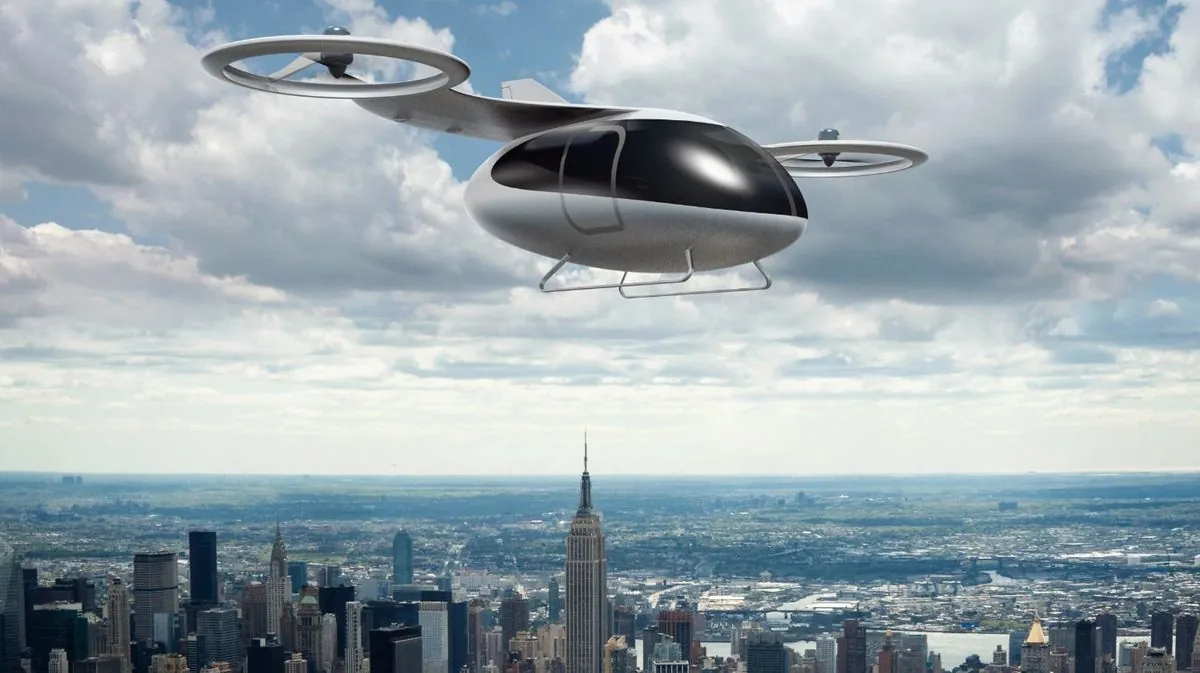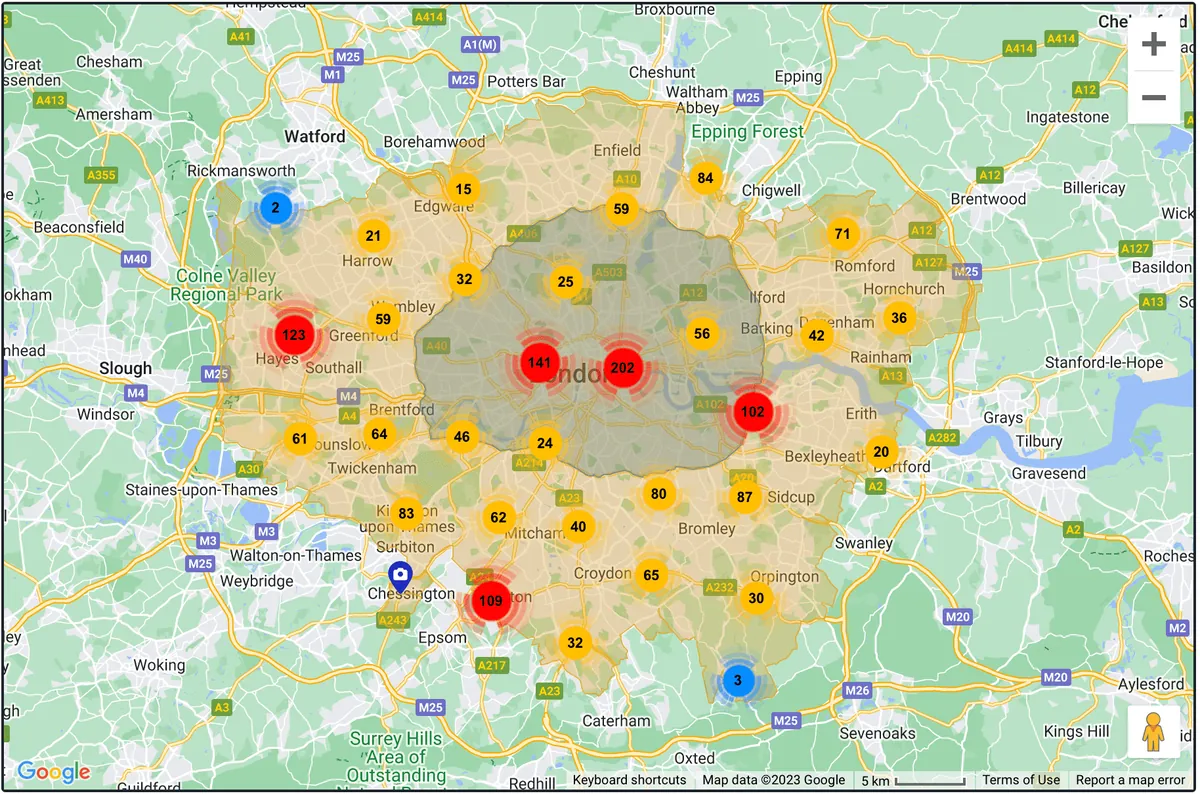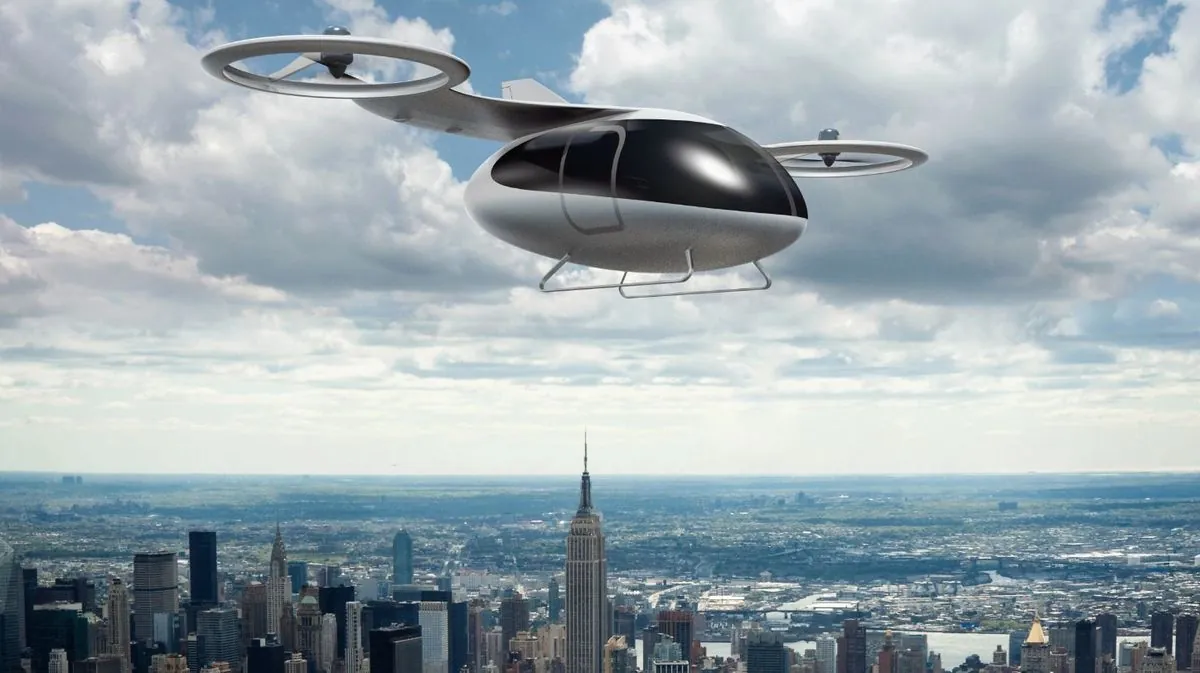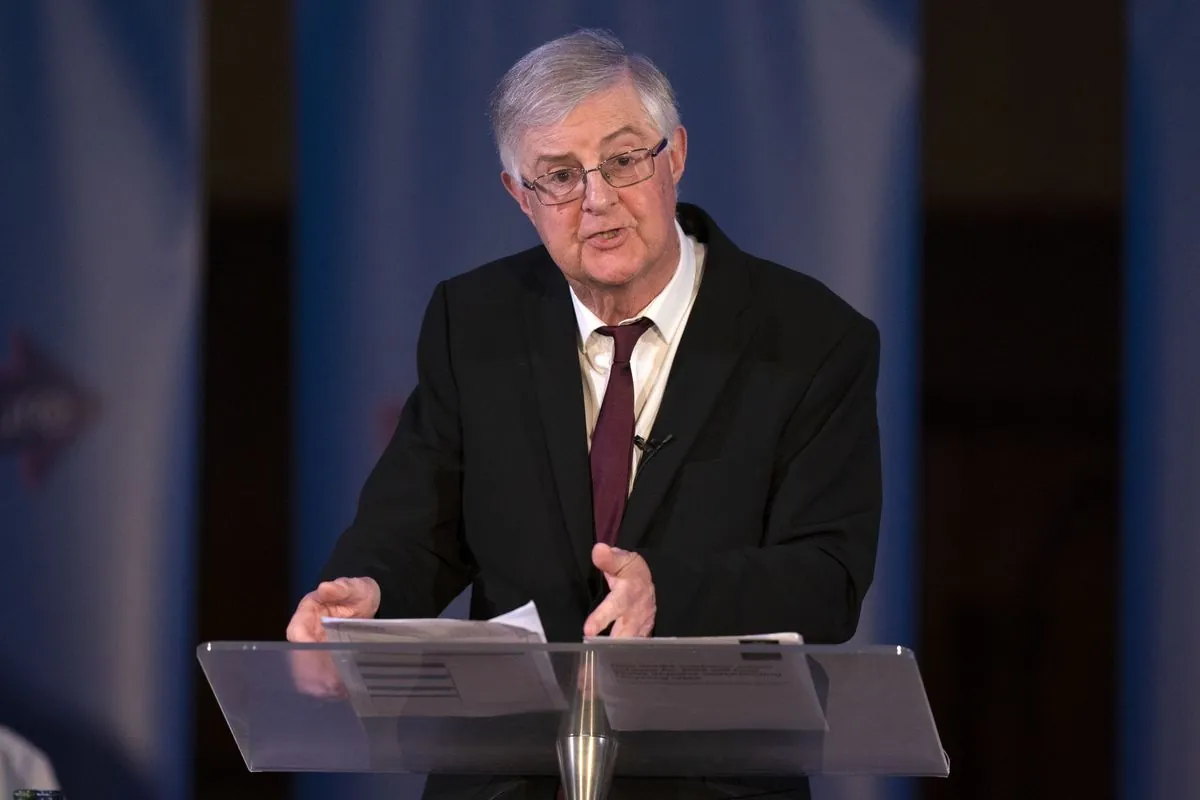UK Skies Set for Autonomous Drone Revolution by 2027, Says CAA
The UK's Civil Aviation Authority plans to introduce large-scale autonomous drone operations by 2027, potentially transforming medical deliveries, mail services, and emergency response. Amazon and other companies are preparing for trials.

The United Kingdom is poised for a significant transformation in its airspace, as the Civil Aviation Authority (CAA) unveils plans for widespread autonomous drone operations by 2027. This ambitious initiative aims to revolutionize various sectors, from healthcare to logistics, by harnessing the potential of unmanned aerial vehicles.
James Titcomb, Technology Editor, reports that the CAA is preparing for "regular and routine" drone flights, a stark contrast to the current regulations that restrict these aircraft to cordoned-off airspace. This development comes as the drone industry continues to evolve rapidly, with global market projections reaching $43 billion by 2024.
The potential applications of this technology are vast and promising. Drones could soon be delivering chemotherapy drugs to hospitals, transporting mail to remote locations, and even rushing defibrillators to emergency scenes. This versatility echoes the diverse uses of drones worldwide, from planting trees to combat deforestation to assisting in search and rescue operations in disaster zones.
Amazon, a key player in the drone delivery space, has announced plans to commence UK operations by the end of 2024. This move follows the company's earlier tests in Cambridgeshire, which were discontinued without any commercial deliveries. Amazon's renewed efforts, along with five other operators including the National Police Air Service, will be part of crucial CAA trials this year.

Safety remains a paramount concern as the UK navigates this aerial revolution. The country's crowded airspace has led to apprehensions from pilots regarding collision risks. To address these concerns, the CAA mandates that drone operators demonstrate adequate "detect and avoid" technology. This emphasis on safety aligns with the growing anti-drone technology industry, which aims to counter illegal drone use.
The UK's cautious approach to drone integration contrasts with more permissive regulations in the United States and Europe, where aerial package and food deliveries are already taking place. The first commercial drone delivery service was launched in Rwanda in 2016, highlighting the potential for this technology in various global contexts.
As the CAA works on updating regulations to facilitate widespread drone flights by 2027, other companies are also making strides in the field. Wing, a subsidiary of Alphabet (Google's parent company), is set to transport blood samples between London hospitals in collaboration with drone logistics firm Apian. This initiative showcases the potential of drones in critical medical applications, similar to their use in delivering medical supplies to remote areas of Africa.
The current landscape of drone usage in the UK is substantial, with 601,980 registered drone pilots as of 2024. However, most flights still require licensed operators to maintain visual contact with their aircraft. The CAA reported 80 drone-related incidents in the previous year, underscoring the need for robust safety measures as autonomous operations expand.
As the UK prepares for this aerial revolution, it's worth noting that drones have come a long way since their inception. The first drone was developed in 1935 by Reginald Denny, and today, these unmanned aircraft range from the size of a grain of rice to the massive Northrop Grumman RQ-4 Global Hawk with a 130-foot wingspan.
The integration of autonomous drones into UK airspace represents a significant technological leap, promising to reshape various industries and services. As the 2027 target approaches, the success of this initiative will depend on the delicate balance between innovation, safety, and public acceptance.


































